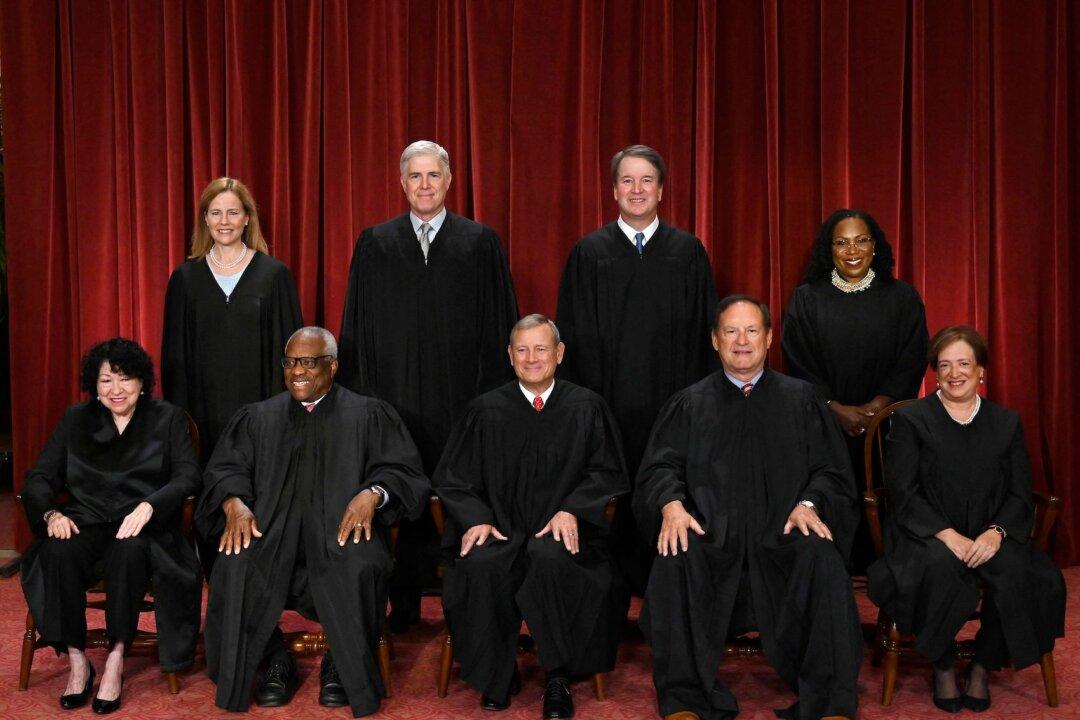The Supreme Court issued a 6–3 ruling (pdf) Thursday that a man’s conviction on gun charges cannot be thrown out. The conviction was called into question by a recent high court decision.
The man, Marcus DeAngelo Jones, was given a 27-year prison term for violating a federal law that is designed to keep firearms out of the hands of felons. In court papers, Jones had argued that he should be allowed to have another shot at having his conviction thrown up after a Supreme Court decision in 2019 in which the justices ruled that prosecutors have to prove that individuals charged with violating federal gun laws know they weren’t allowed to have the weapon.





